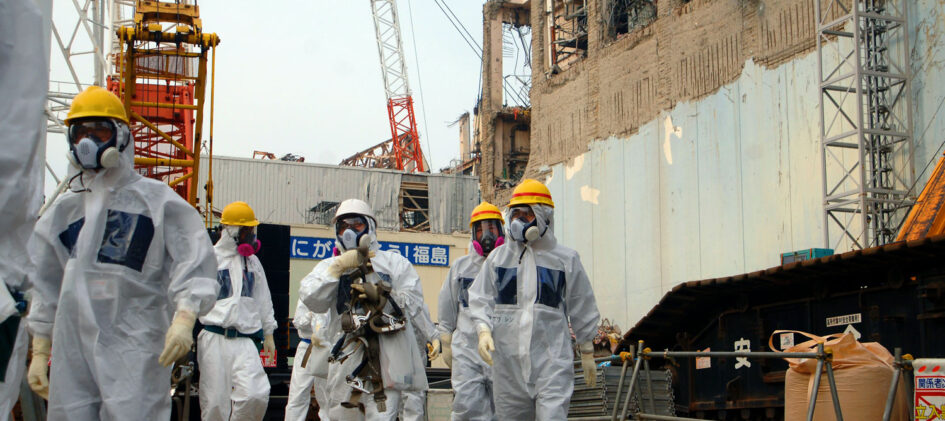The King Climate Action Initiative (K-CAI) is the flagship climate change program of the Abdul Latif Jameel Poverty Action Lab (J-PAL), which innovates, tests, and scales solutions at the nexus of climate change and poverty alleviation, together with policy partners worldwide. Claire Walsh is the associate director of policy at J-PAL Global at MIT. She […]
Read More







